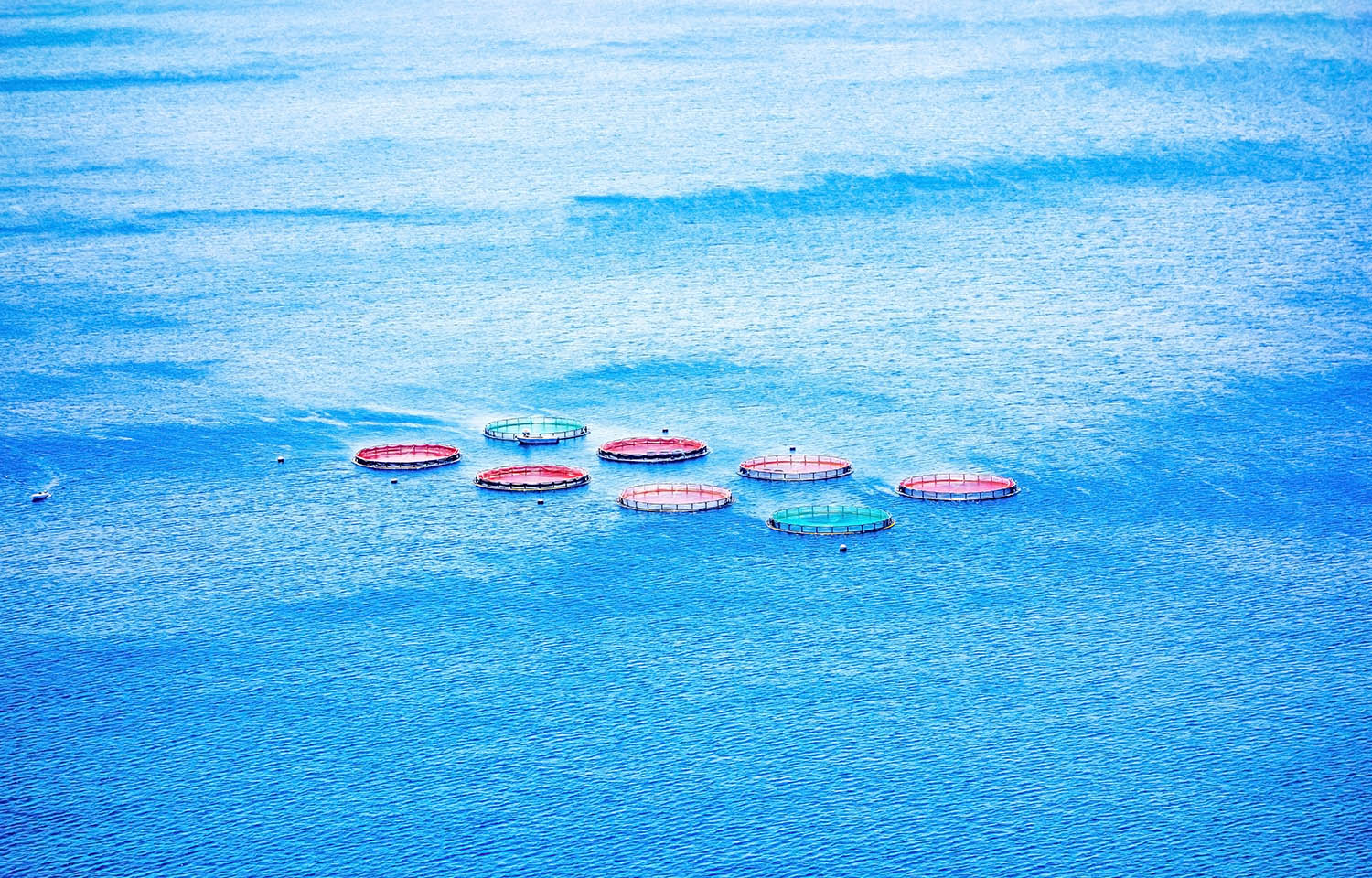A new poll released by the Environmental Defense Fund (EDF) shows 76 percent of U.S. voters support expanding open ocean aquaculture in a sustainable, environmentally responsible way.
“The findings give us greater clarity on the concerns and information voters need about aquaculture before they feel comfortable showing support for it.” EDF Vice President of Climate Resilient Fisheries and Oceans Kate Bonzon said. “The U.S. should follow the science and invest in the research necessary to ensure open ocean aquaculture is done right from the start.”
A further 82 percent of surveyed voters said “research can help ensure the safety of the seafood we consume.” Survey participants also expressed deep concern over the economy and the cost of living, something that they believe could be alleviated by aquaculture, EDF said.
“The U.S. could set a high bar for aquaculture sustainability standards, much like they have done for fisheries management, and it is clear that voters want to see research as the foundation for these standards,” Bonzon said. “Leading with science puts the U.S. in a better position to meet consumer demand, support local economies and livelihoods, complement our fisheries, and produce low-carbon food.”
The survey was conducted by Global Strategy Group, which polled 800 registered voters, and had a margin of error of 3.5 percent, according to EDF.
The nonprofit conservation group suggests that the poll's results support the aims of the Science-based Equitable Aquaculture Food (SEAfood) Act – proposed legislation that EDF has endorsed. If passed, the bill would establish an offshore aquaculture assessment program, require government reports on offshore aquaculture regulation, and create a grant program under NOAA Fisheries supporting minority-serving educational institutions in building aquaculture centers of excellence.
In May, the Coalition for Sustainable Aquaculture (CSA) went to Washington, D.C., to meet with lawmakers and advocate for the SEAfood Act.
The legislation has drawn opposition, though, from groups opposed to offshore finfish aquaculture, such as Don’t Cage Our Oceans, which claims the practice allows “chemicals, diseases, and untreated waste to flow into the open ocean where it poses harms to wildlife, fishing, and coastal communities.”
“We can all agree that everyone deserves access to fresh, local, and healthy seafood, but this so-called SEAfood Act flies in the face of this goal,” Don’t Cage Our Oceans Legislative Director James Mitchell said after the bill was introduced last fall. “Its harmful provisions would put local businesses at a disadvantage while encouraging big corporations to construct risky trial facilities without proper oversight to safeguard against environmental disaster.”








